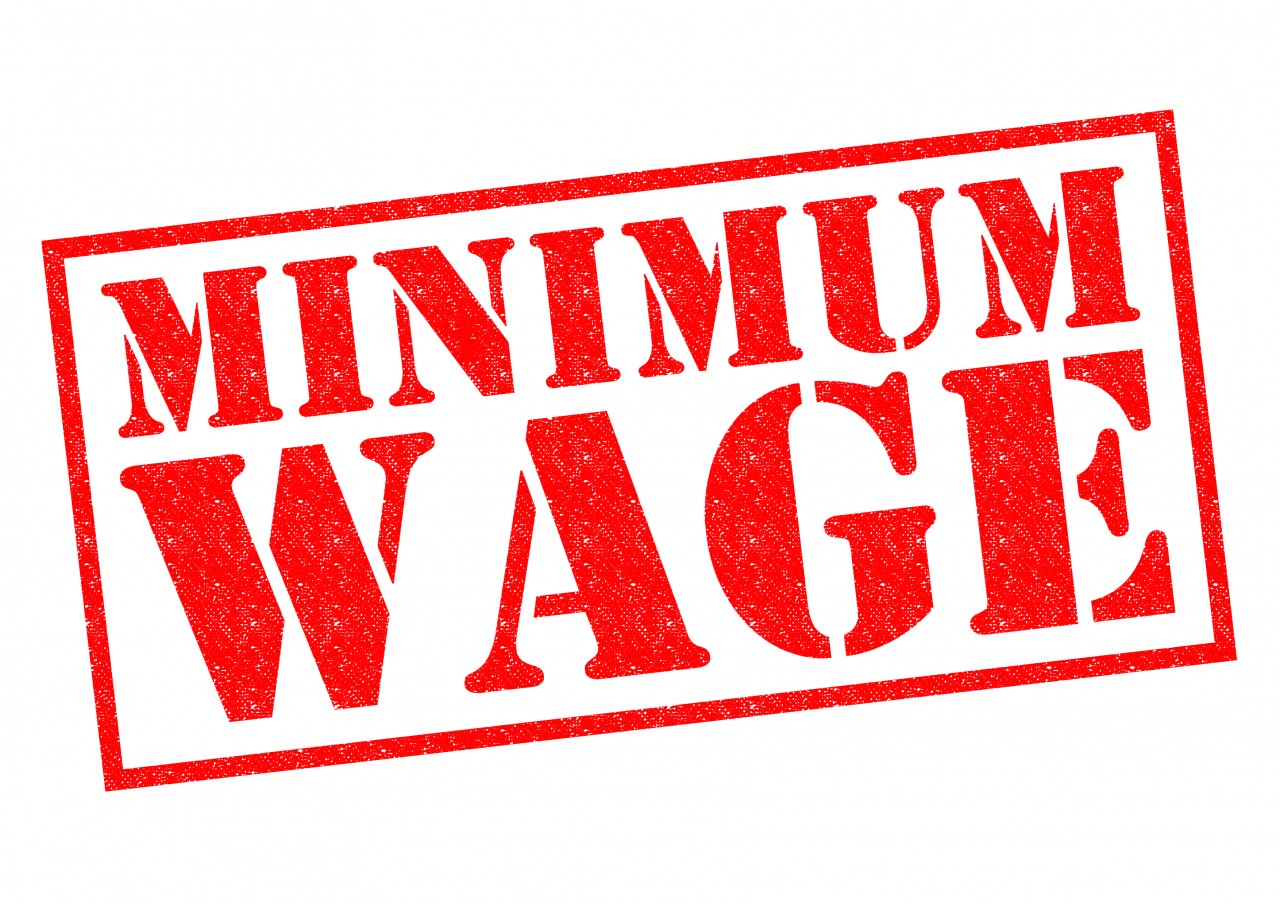From 1st January 2019 the socialist government of Pedro Sánchez increased the minimum wage by a whopping 22%, the largest ever increase since the minimum wage was introduced. The level is now set at €900 per month in a 14 month year (double payments were traditional in May and August) or €1.050 per month if paid on a 12 month basis. There is even a rumoured plan to increase it again in 2020 (if Sr. Sánchez manages to stay in office!) to €1.000 for a 14 month or €1.167 per month on a 12 month payment basis.
Most economists would applaud such an increase as the lowest paid tend not to have the chance to save but spend all of their income on daily living thereby pumping money into the economy. The likely effects of this move, according to some commentators were that it would drive more low paid jobs into the insecure black economy, lower the number of future hirings, raise the rate of inflation and cause the loss of existing jobs. It looks like this last fear may have come to pass.
In Spain there are thousands of people contracted and losing their jobs on a daily basis, partly because of the widespread use of fixed term contracts (usually of six months duration). On 1st January 2019 there were 274.000 losses a figure not seen for a decade. In 2018 there were 176.000 and in 2011 only 57.000. This may simply be a blip as the market adjusts and prices rise slightly to accommodate the rise in wages, which hits agriculture and the hotel industry hardest, both of which depend heavily on unskilled manual work such as harvesting and the cleaning of bedrooms.
So, what seems initially to be a boon to the lower paid may result only in workers being pressurised to increase productivity and/or a reduction in the hours worked.



